The world enters the year 2025 fully conscious of the changing conditions, with concern and awe of the uncertainty that nothing will be the same as before. The pillars of the international order established after the Second World War: democracy, human rights, supremacy of law, and respect for international law have all received heavy blows from all sides, as a result of which, they have substantially lost their trustworthiness and credibility. Particularly the attitude of the West, collectively the founding actor of this order, has led to the wiping out its asserted moral values and exceptionalism in ways that cannot be remedied easily.
Türkiye’s position in the Eurasian geography as a conduit and nexus, its regional power and weight, its identity as both European and Asian is becoming more prominent. As Türkiye’s multifaceted relations with the West, foremost with NATO, become a beacon for the East, its ever-strengthening ties with the East provide a potential for an opening for the West. In this context, the institutionalization of the Central Asian Republics under the roof of the Organization of Turkic States, its adoption of the “2040 Vision Document”, and the concrete steps initiated accordingly, are significant developments.
The “Middle Corridor” that enables the transport and energy connections of Eurasia through the South Caucuses and via Türkiye is becoming increasingly significant. Furthermore, work for the “Development Road” project connecting the Gulf to Türkiye through Qatar, UAE, and Iraq is also to start. All this is bound to further cement Türkiye’s location to be the energy and transport crossroads and hub for Eurasia.
The obstacle to peace and stability in the South Caucuses continues to be the inability of Azerbaijan and Armenia to sign a peace agreement that would finalize the cease-fire agreement of 2020. Türkiye is certainly expected to continue with its constructive and encouraging efforts also in the new year for the parties to sign a just and lasting agreement.
Following some of the developments in the West, which Türkiye is also part -with concern, Türkiye does not deviate from its bonds and established relations. Particularly with the European Union with which negotiations for membership have been on the agenda since 2005, Türkiye retains its hope that the Union will do away with its prejudices and biased approach adopted by some of its members obsessed with casting Türkiye out of European geography. On the thorny issue of Cyprus in which the Union gets involved, the resolve for a two-state solution is clearly expressed.
No policy change from the Turkish side is expected in the continuity of its initiatives for peace, stability, and collaboration as well as support for regional cooperation projects throughout the Black Sea basin covered by the Black Sea Economic Cooperation Organization with the Secretariat in Istanbul, at the Aegean Sea, and Eastern Mediterranean.
During an evolution as global balances are changing and a multi-polar world is emerging, with a view to safeguarding its national interests, first and foremost economic and political, while keeping its established ties, Türkiye has recognized the need to diversify its bilateral and multilateral relations. MIKTA grouping within the G-20, contacts with the SCO and BRICS, expansion of the D-8 Organization of Developing Countries, and opening up to the Middle East and Africa constitute signs of this approach.
In the new year of uncertainties, with probabilities of major changes, Türkiye charts itself such a roadmap to assume a role in its region, and to contribute to peace, stability, and good relations.
© 2009-2025 Center for Eurasian Studies (AVİM) All Rights Reserved

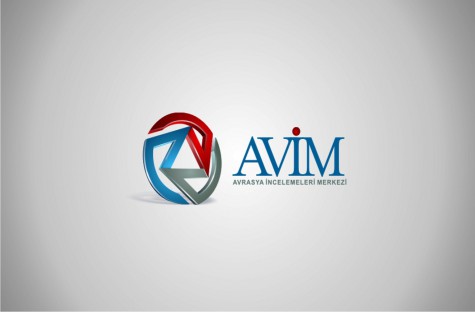 A PUBLIC CONVERSATION WITH ULUÇ GÜRKAN ON MALTA TRIBUNALS
A PUBLIC CONVERSATION WITH ULUÇ GÜRKAN ON MALTA TRIBUNALS
 24 APRIL
24 APRIL
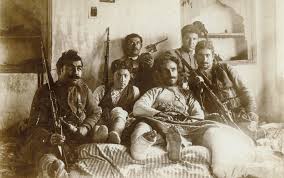 ROVING REVOLUTIONARIES OR TERRORISTS?
ROVING REVOLUTIONARIES OR TERRORISTS?
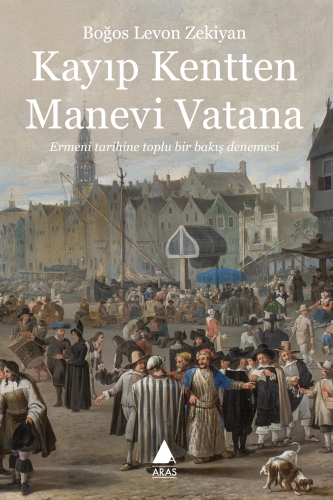 BOOK REVIEW: FROM THE LOST CITY TO THE SPIRITUAL HOMELAND
BOOK REVIEW: FROM THE LOST CITY TO THE SPIRITUAL HOMELAND
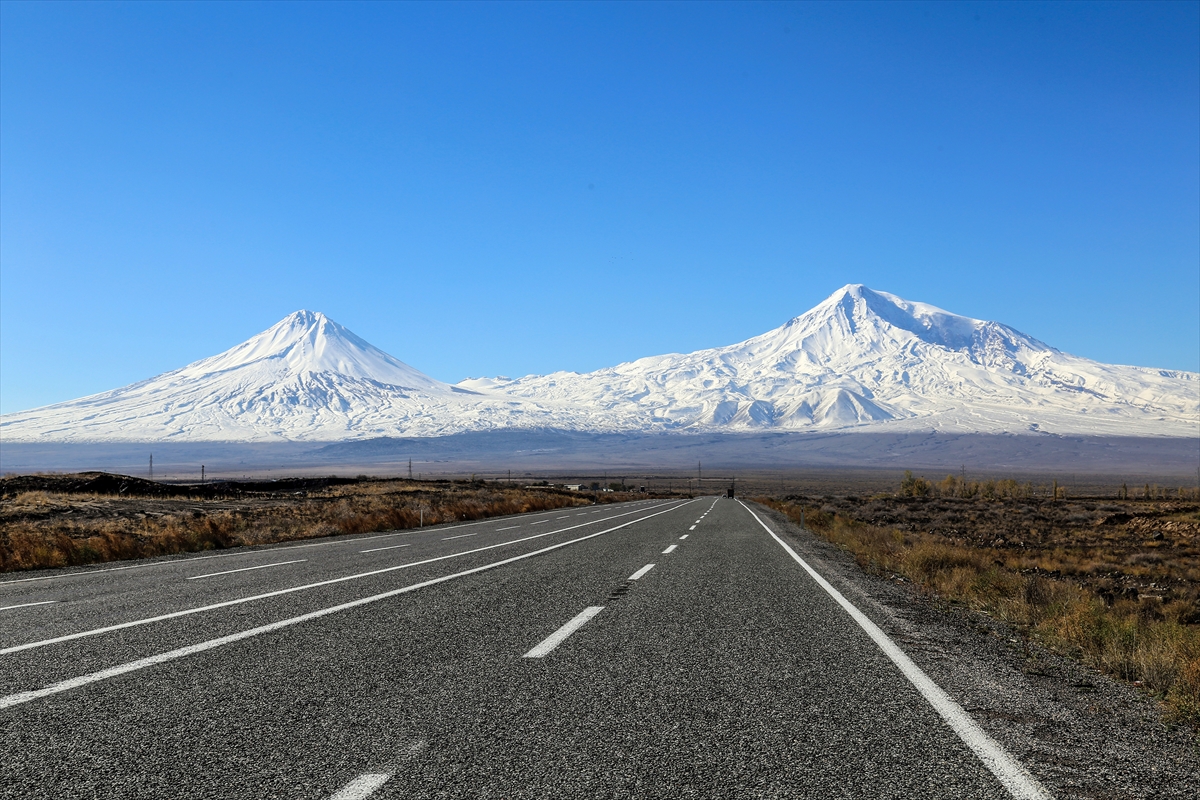 AGOS AND THE EMPHASIS ON “ARARAT”
AGOS AND THE EMPHASIS ON “ARARAT”
 THE OTTOMAN LIEUTENANT IS NOW ON DIGITAL SATELLITE TELEVISIONS
THE OTTOMAN LIEUTENANT IS NOW ON DIGITAL SATELLITE TELEVISIONS
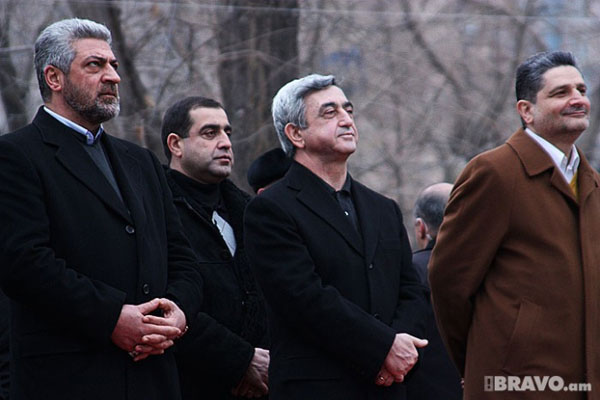 SHATTERING OF A MYTH: DILEMMA OF ARMENIAN NARRATIVE
SHATTERING OF A MYTH: DILEMMA OF ARMENIAN NARRATIVE
 COMPETITION FOR INFLUENCE IN CENTRAL ASIA
COMPETITION FOR INFLUENCE IN CENTRAL ASIA
“GENOCIDE” LAW IN GREECE




























